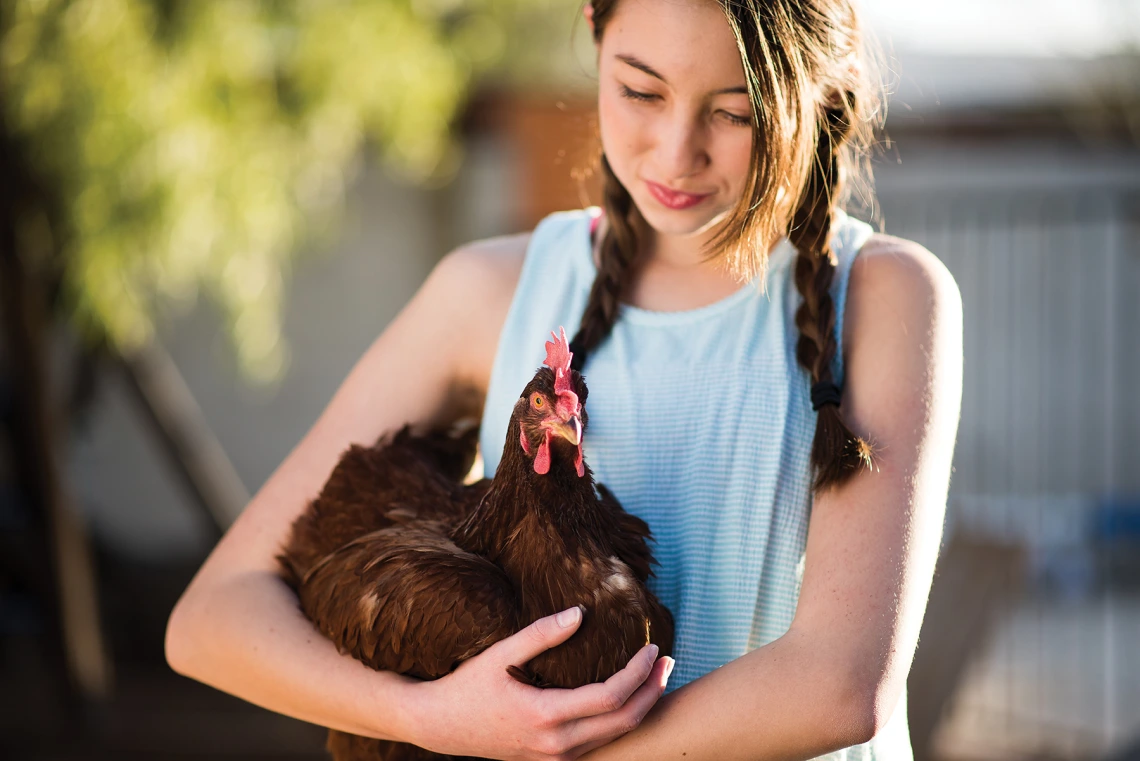Preventing Asthma in Children
Asthma, the most prevalent childhood disease, affects more than 278 million people worldwide and predisposes people to a range of serious consequences later in life. Yet current approved therapies address only symptoms and do not halt disease progression.
In response, the UA Health Sciences Asthma and Airway Disease Research Center, led by internationally known physician-scientist Fernando Martinez, recently published research demonstrating that exposure to environmental bacteria before a child is 6 actually can strengthen the child’s immune system and reduce the child’s risk of developing asthma.

Other studies compared asthma rates in children who live in relatively microbe-depleted urban homes to those who live on farms, where they are exposed to livestock and dusty barns. Those children are much less likely to develop asthma than their urban counterparts.
While asthma is known to have a genetic component, the recent dramatic increase in its prevalence across Western nations cannot be due to this factor alone, suggesting that environment plays a major role. Understanding the genetic and environmental factors that cause asthma, and finding a way to cure or prevent the disease, has been the primary focus of Martinez’s research career.
Growing up in Santiago, Chile, Martinez remembers when he was 3 years old watching his mother struggle to breathe during a severe asthma attack. His mother’s attacks continued, and so did his fear of losing her to the disease.
“I remember vividly, it’s kind of ingrained in my brain, that I promised to myself that I would cure this disease one day — or better yet, find a way to keep it from happening in the first place,” Martinez says.
